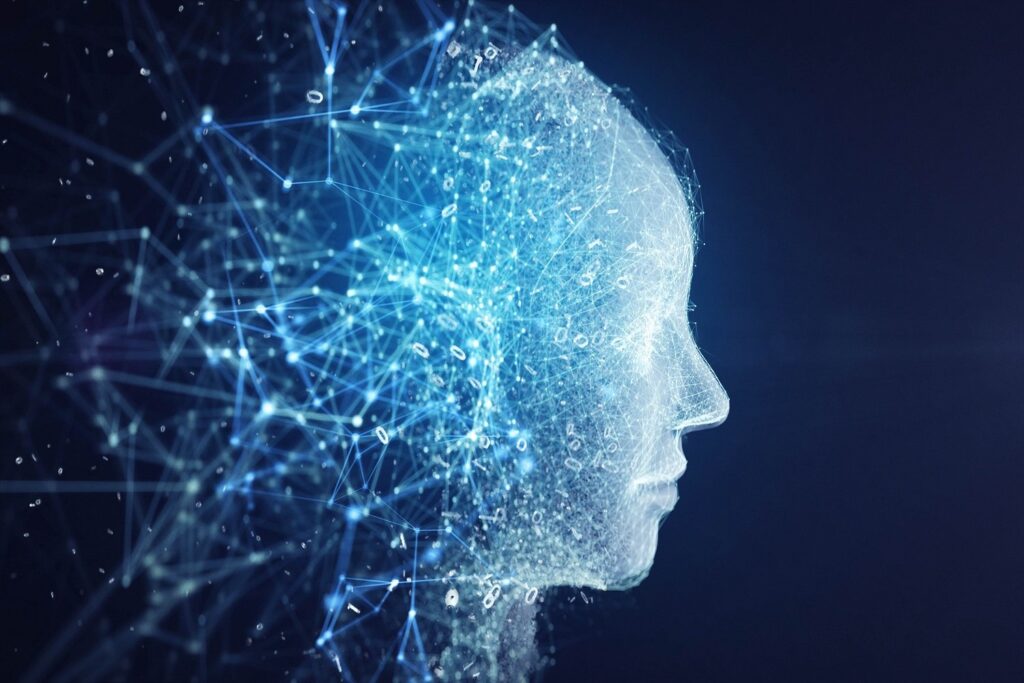The Philippines is ramping up efforts to regulate and responsibly harness artificial intelligence (AI) as the technology’s rapid development reshapes industries globally. With lawmakers pushing for a dedicated regulatory body—referred to as an AI “superbody”—the government aims to establish safeguards and promote innovation while addressing concerns about AI’s potential impact on employment, privacy, and security. This initiative reflects the nation’s commitment to maintaining a balanced approach in a high-stakes area of technology, ensuring both progress and public safety.
The AI Superbody Initiative
The proposed superbody seeks to function as a governing framework for AI development, establishing policies that address AI’s influence on economic sectors and societal norms. Lawmakers underscore the importance of balancing technological adoption with ethical guidelines, ensuring AI technologies are used responsibly. This regulatory framework aims to mitigate risks such as data privacy breaches and employment displacement, which are significant concerns as AI automates various job roles.
The push for regulatory oversight comes as the Philippines increasingly integrates AI across industries, from customer service to healthcare and agriculture. With the global AI market projected to grow substantially, Philippine leaders want to ensure that the country does not fall behind while protecting its citizens from potential risks associated with these technologies.
Addressing Employment and Ethical Concerns
One of the core mandates of the proposed superbody is to address employment implications tied to AI adoption. Automation and machine learning systems, especially in sectors like business process outsourcing (BPO), have begun to reshape traditional roles, potentially threatening thousands of jobs. The BPO industry, a significant contributor to the Philippine economy, faces disruption as AI-driven customer service solutions become more prevalent. This push for a superbody would enable a smoother transition, with policies aimed at reskilling workers and creating opportunities in tech-driven fields.
Beyond employment, the superbody would focus on ethical issues, such as ensuring that AI respects data privacy and minimizes biases in automated decision-making. AI-driven systems, from healthcare diagnostics to financial services, rely on vast amounts of personal data, making it crucial for the government to enforce strict data protection standards to safeguard users’ rights.
Global Influence and Collaborative Goals
The Philippines is not alone in this regulatory push. Countries worldwide are formulating policies to regulate AI, each with unique approaches to ensure technology benefits society. Philippine lawmakers are studying international frameworks, such as the European Union’s AI Act, as models for shaping their policies. This initiative not only highlights the Philippines’ role as an emerging player in the global AI landscape but also encourages partnerships and knowledge-sharing with global AI innovators and regulatory bodies.
The proposed regulatory approach also reflects broader government goals to position the Philippines as a hub for ethical AI innovation. By fostering an environment where technology and society evolve in tandem, the Philippines hopes to attract more international tech investments and collaborations, creating a future where innovation does not compromise ethical standards.
The Path Forward
As the AI superbody concept gains momentum, the government is engaging with stakeholders, including technology firms, civil society groups, and academia, to shape an inclusive AI policy framework. This collaborative approach is intended to keep the regulatory framework relevant and adaptive as AI technologies continue to evolve.
The development of an AI superbody could ultimately provide the structure needed for the Philippines to thrive in the global AI race while safeguarding its economic interests and citizen rights.








